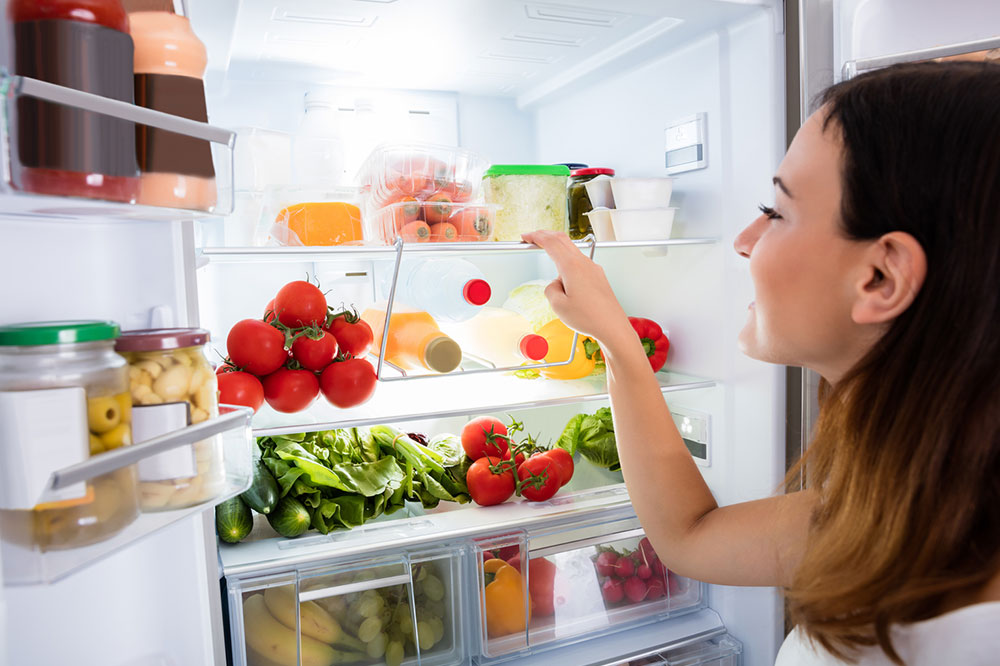
Tips for Refrigerating Food Safely
Refrigerators are used to keep the stored food fresh for longer. Without refrigeration, food can rot and become unfit for consumption, which can ultimately lead to numerous food-borne illnesses. However, different food items require refrigeration to store them for varying periods, and you must follow certain safety tips for refrigerating food safely.
Foods to be refrigerated
Safety and storage tips for refrigerating food correctly include understanding which foods to refrigerate:
- Yogurt
To keep yogurt fresh and soft, you should always refrigerate it. The consistency is affected without refrigeration, and it can turn into a thin liquid. - Cheese
Only soft cheese needs to be refrigerated. Hard cheeses need not be refrigerated, but they will last longer if stored in the fridge. - Milk
Pasteurized milk needs to be refrigerated to ensure a longer shelf life. - Meat
Meat-based food items must be refrigerated to keep them fresh and fit for consumption. Also, they must be packed and stored well to avoid contact with moisture. Otherwise, they might get contaminated and spread a smell that also affects the other food stored. - Fish
Fish must be refrigerated for it to remain fresh and healthy for consumption. - Eggs
Eggs need to be washed properly before being refrigerated to ensure that they stay fresh and fit for consumption. - Fruits and vegetables
Refrigerate fruits and vegetables helps them stay fresh for longer. - Leftover cooked food
If cooked food is left after a meal, do not keep it outside at room temperature. This way, bacteria grow and flourish in it, which makes it unsafe for consumption. Refrigerate it if you want to store it for longer. - Bread
Loaves of bread left unattended may develop fungus, so ensure that you store them in the package and do not keep them open.
Maintain the temperature in the refrigerator
- The temperature in your fridge can be at 4°C or lower. Always use an internal thermometer to check whether it’s accurate or not.
- Clean your refrigerator whenever you get time because dusty particles may create germination and the growth of bacteria.
- If there is a power cut, keep the refrigerator closed in order to keep the food safe. This way, the freezer can maintain the temperature for 24 hours.
- If you have a refrigerator that requires manual defrosting, do it regularly to prevent the build-up of odors.
Procedures for refrigerating
- Store leftovers in a clear container or wraps. The packaging must be airtight as this helps keep the food fresh by preventing contact with moisture in the environment.
- Follow the first-in-first-out method, and consume the oldest food before the food stored recently. To ease this, place the older items in front and place the new packages or cartons behind so that the stored food is fresh.
- Do not mix up fruits and vegetables as they can deteriorate. Fruits must be kept in the fruit section and vegetables in the vegetable section.


